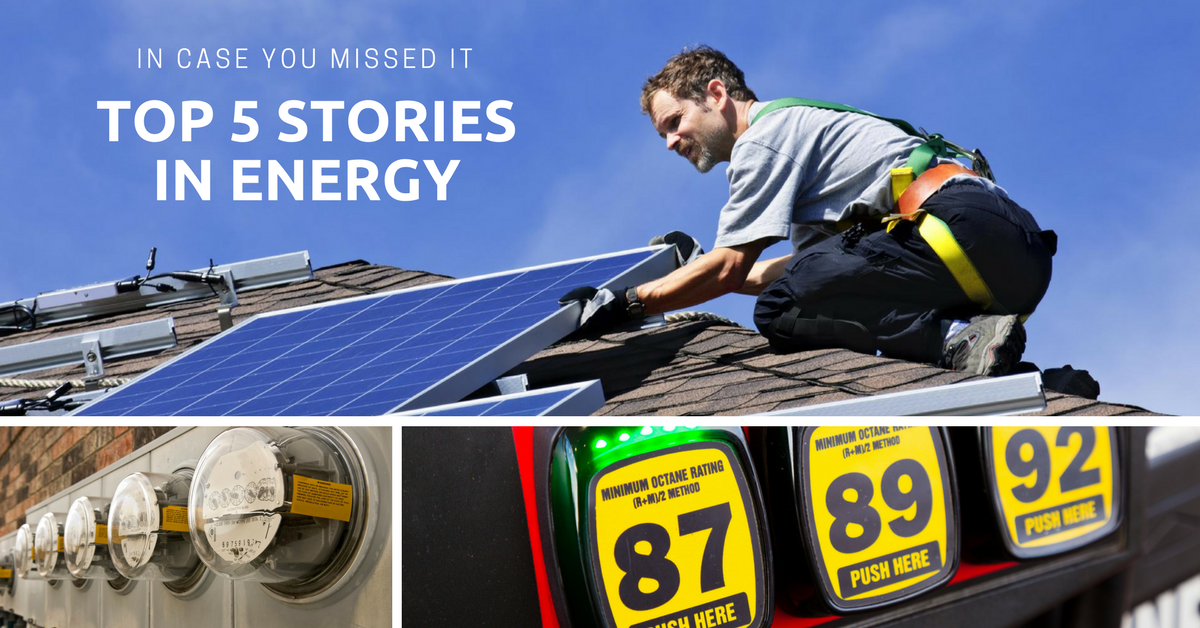Top Five Stories in Energy This Week
Electricity Infrastructure in Puerto Rico Decimated
The United States island territory of Puerto Rico will likely not see electrical power restored before the end of the year. The power grid and the energy infrastructure in the Caribbean territory have been thoroughly devastate by the destructive paths of Hurricane Irma and Hurricane Maria. In an interview with news network CNN, Puerto Rican Governor Ricardo Rosello explained that the island is 100 percent without power; the only electricity is being produced by a few generators as well as isolated solar panels that were not connected to the grid. The Governor admitted that the grid of Puerto Rico was aging and in disrepair before the hurricanes made landfall.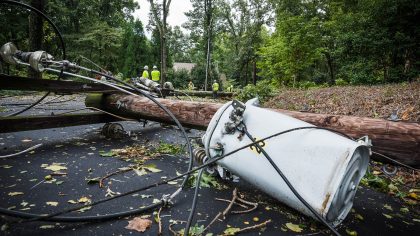
Renewable Energy Credits Become Easier to Purchase
More investors are showing interest in acquiring renewable energy credits (RECs), which are financial instruments tied to the performance of companies that provide these emerging resources, and the purchase process is becoming easier. In many cases, companies are purchasing RECs to offset their own carbon footprint; the purpose is two-fold since there is a profit expectation, but there are also compliance issues insofar as legal requirements imposed by regulators in terms of environmental protection. Trading of RECs is not allowed in all jurisdictions; however, utilities such as Puget Sound Energy in Seattle are beginning to offer their own RECs locally. At this time, RECs are mostly for large corporations, but market regulators expect that they will soon be available to individual investors who can purchase them in a fashion similar to bonds.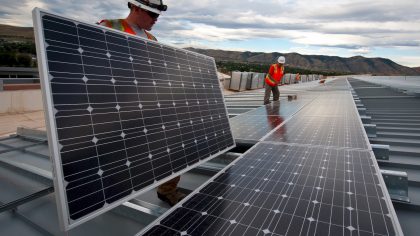
Fuel Prices Still on the Rise After Hurricane Maria
Following a report by the U.S. Department of Energy on September 22, fuel prices are expected to keep climbing in the wake of the three hurricanes that have impacted Texas, Florida and Puerto Rico. The report indicates that a significant draw from American oil reserves was needed in the wake of Hurricane Harvey’s path through Texas, and the draw continued after Hurricane Irma made landfall in Florida and Hurricane Maria devastated Puerto Rico. Analysts believe that the draw from crude oil reserves, the largest that the U.S. has experienced since 2005, will cause gasoline and diesel prices to climb at gas stations across the U.S. over the next few months.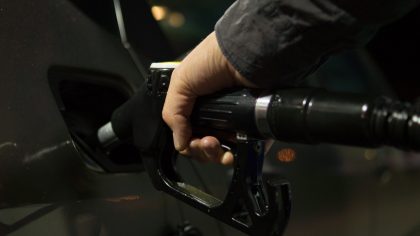
Tech Startup Explores Do-It-Yourself Solar Panels
PLX Devices, an American company that specializes in small solar panel technology, has started a Kickstarter project that seeks to commercialize 100-watt residential panels that homeowners and even renters should be able to install on their own. The DIY panels deliver enough energy to power a few electronic devices and some incandescent bulbs; however, they can also be installed as a daisy chain to generate up to 12.8 kW, which should translate into average savings of about $24 per month. A starter set will cost $299 and each additional panel $99; the company is looking into inverter and battery storage technology to complement its current offerings.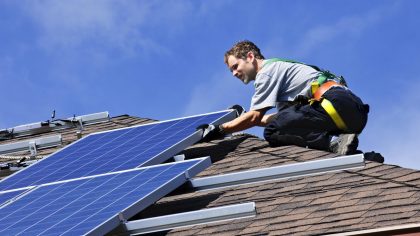
Supreme Court Ruling Leaves Wind-power Line up in the Air
The Illinois Supreme Court has dealt a punishing blow to the proposed clean-power “super highway” designed to transmit output from Iowa and Dakotas wind farms to the Chicago market. The state’s high court upheld an Illinois Appellate Court ruling that concluded state regulators improperly approved the Rock Island Clean Line project.


